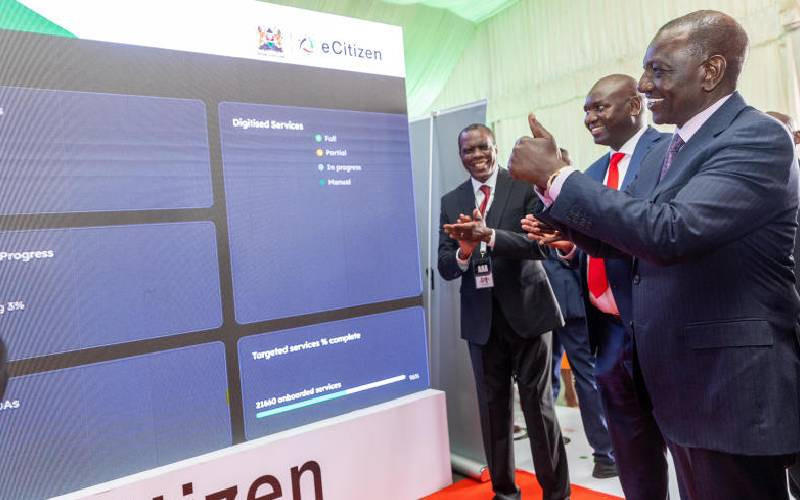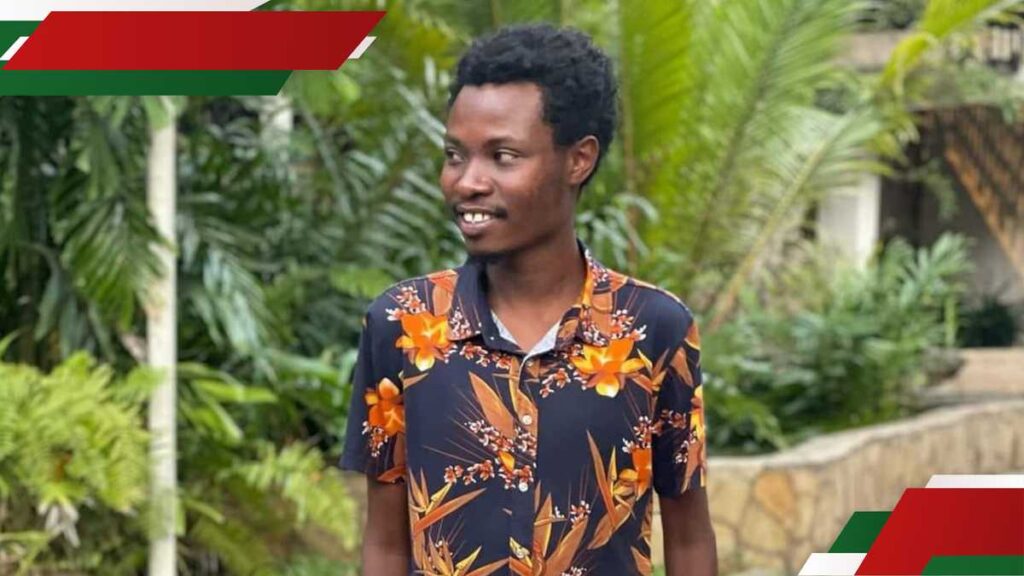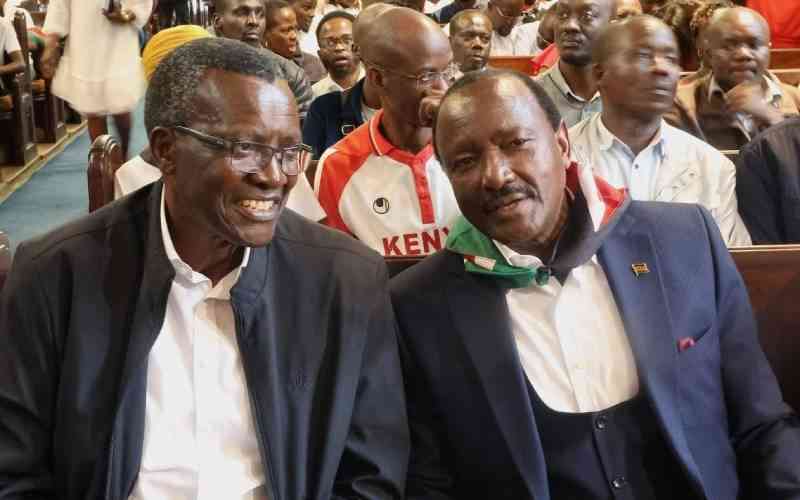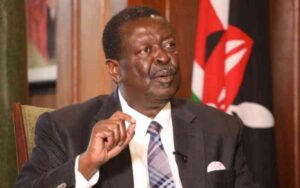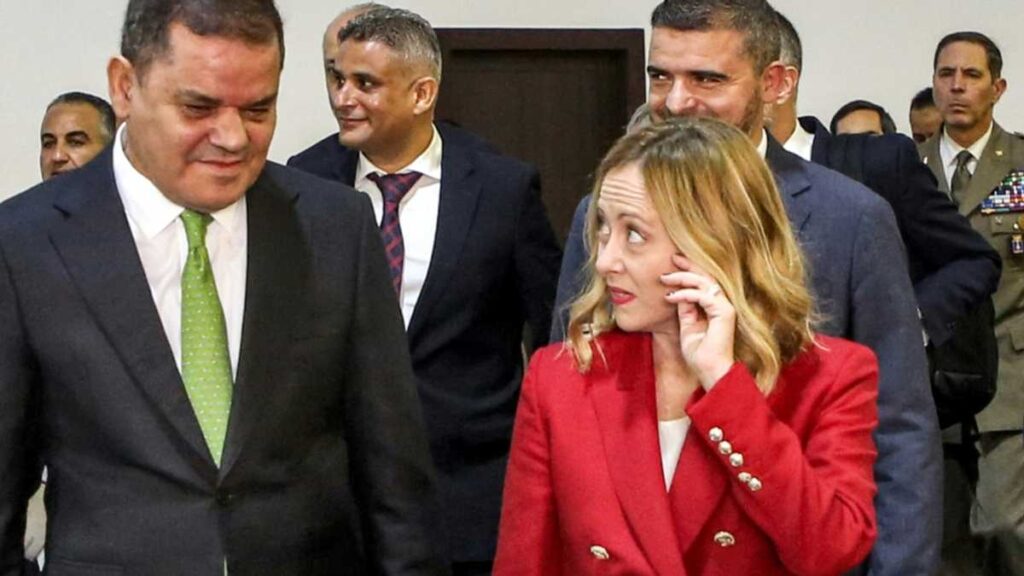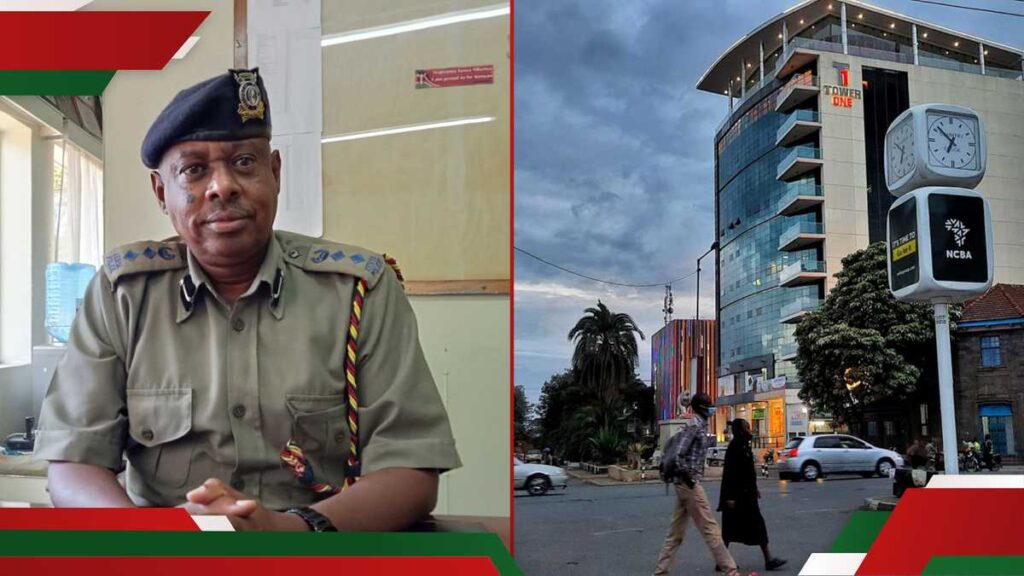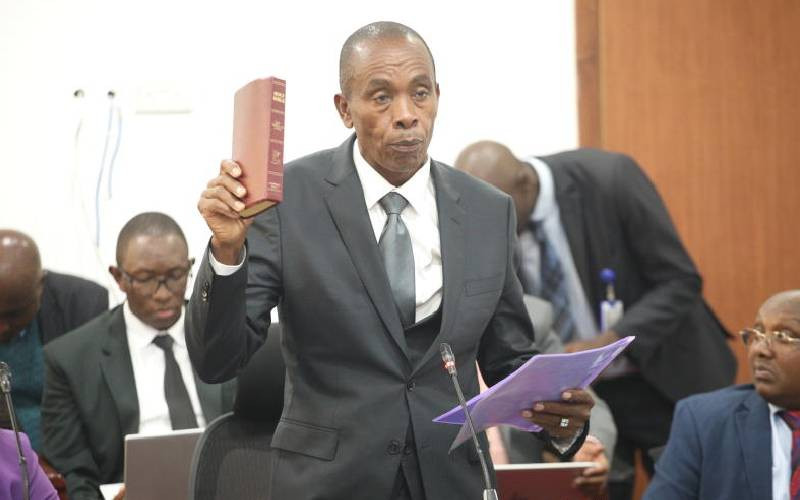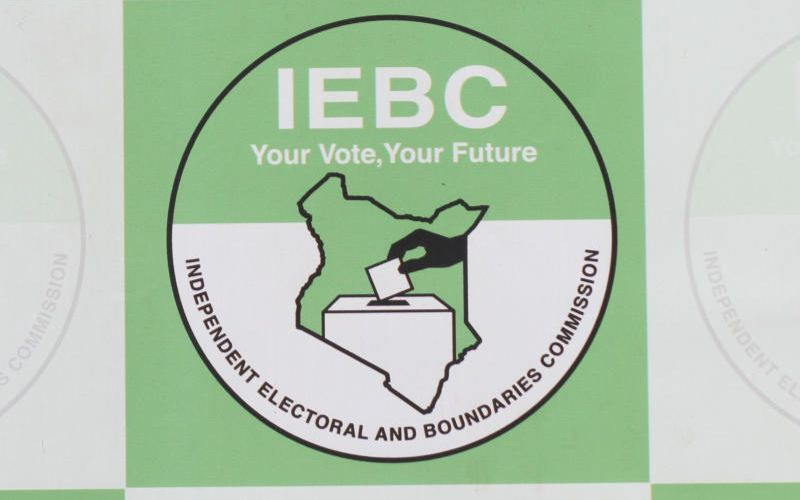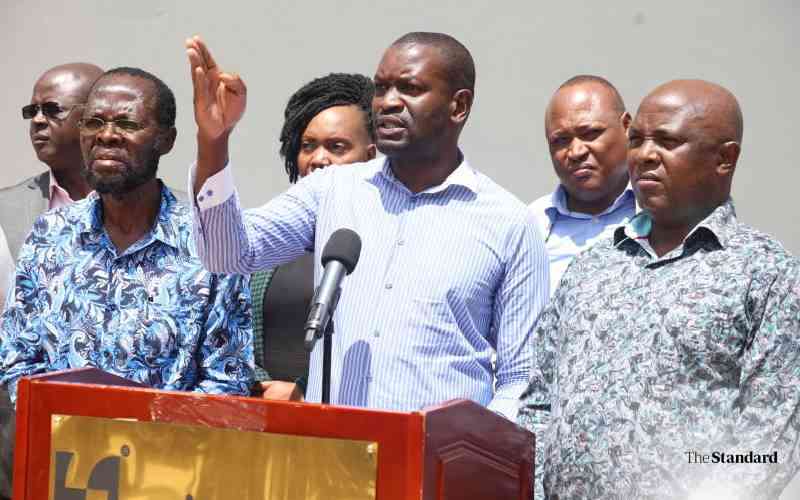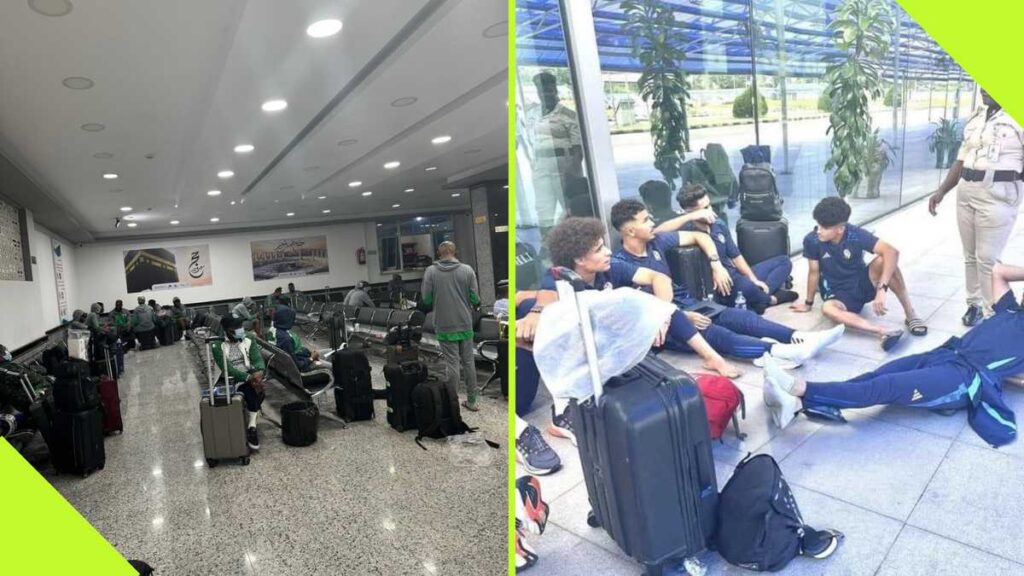Who owns E-Citizen, the platform where all government payments are made? This question dominated Parliament Thursday with MPs initiating a probe to establish who between the government and private vendors is fully in charge of the revenue generating platform.
Parliament is also investigating why the system is still being run by vendors if the government is in control of the system. The system was established in 2014 by Webmasters Kenya Limited, a company founded and run by James Ayugi.
A parliamentary committee has now directed the National Treasury to avail the contractual document between the government and the vendors of the platform by next week, to determine authenticity. The issue came up during a sitting of the National Assembly Finance Committee where Treasury Principal Secretary Chris Kiptoo was explaining the 2025/2026 Budget policy Statement.
Committee chairman Kimani Kuria raised concern that while revenue collections through the E-citizen platform had increased, there was still doubt and confusion over the true owner of the system. “Who owns the E-citizen platform? Is it fully owned by the government? This question of ownership has not been adequately answered,” said Kuria.
Bernard Ndungu, the Director General in charge of Accounting Services at the National Treasury, was however quick to explain that the system was now fully owned by government.
“The E-Citizen system is owned by government. Sometime back the vendors were in court with government but that case was settled through the Attorney General’s office and they handed over the system formally to government,” said Ndungu.
“The vendors were retained under contractual arrangements to keep supporting the system,” he added. His response, however, opened a can of worms with the committee chair seeking to know why the vendors were retained. “If the system was fully transferred to government, why are the vendors still operating it?” posed Kuria.
Turkana South MP John Ariko sought to know the arrangement between the state and the vendors. The committee also sought to know who collects the service fees and how they are utilised.
“If the vendor is maintaining the system, how much is he retaining? Is the agreement based on a percentage of the transaction?” Asked Ariko.
In response, Mr Ndungu said since the handover of the system, the convenience fees were now deposited in government accounts and that those monies were used to service the contract that maintains the systems.
The committee would however hard press the DG to explicitly explain how the vendors were paid. “The contract has various aspects. There is a part based on transactions and another on the milestones for example the number of entities onboarded in the E-citizen system. We think this is cost effective,” Ndungu submitted.
Another revelation by the DG that the contract was currently domiciled at the department of immigration and citizen services, as opposed to the Treasury, elicited ‘chaos’.
“Which criteria was used to domicile this agreement at the state department of immigration instead of the National Treasury, the custodian of all government revenue collections?” posed Kuria who is also Molo MP.
Kigumo MP Joseph Kamau poked holes into the DG’s submission, noting that it raised more questions than answers. “If the immigration department are the custodians of the system, clearly the CS Treasury cannot speak with authority on how much money is collected. Again, you have no control,” said Kamau.
Stay informed. Subscribe to our newsletter








